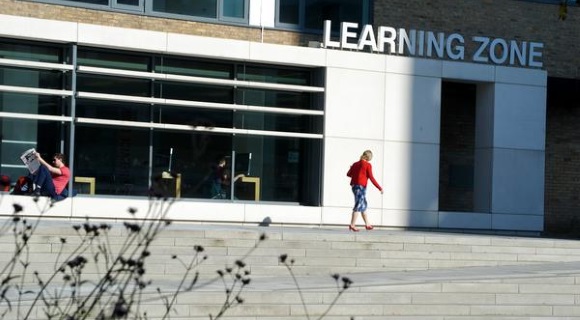University as a social institution and higher education as a societal sector are undergoing a profound transformation.
Many different actors and their interests have entered the field and now include not only the state and universities, but also non-governmental organisations, philanthropists, private companies, and policy entrepreneurs, among others. They engage in dynamic networks, in various configurations depending on the power relations between them, and function at an individual, institutional, national, regional and global level.
We critically examine the role and effects of these networks on the HE sector and its governance, including their interactions, strategies and devices. We investigate the shape and direction, extent, frequency, timing and scale of their interactions with higher education and with broader social policy and governance.
Our work spans the micro, meso and macro levels and our fundamental aim is to influence higher education policy and governance to manage change towards greater social justice and wellbeing.







